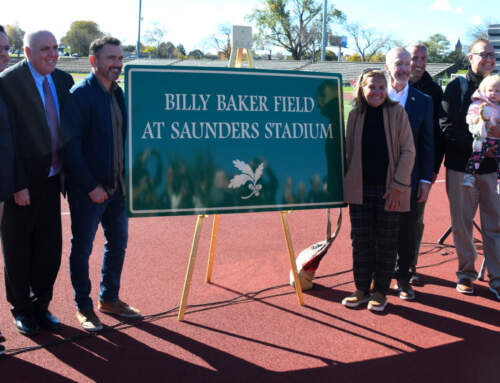By Richard Campbell
Students searching for a professional career that is near recession proof need look no further than the piping hot nursing field. Massachusetts is projected as one of ten states accounting for half the total job growth in this sector in the nation, with the profession is sitting upon an expected job growth at 16% between now and 2024. While anticipated income is probably not the primary reason for students to enter into nursing programs, a college graduate in a BSN program now would be set to earn about $63,000 annually. With many nurses in Massachusetts getting older, the demand will only increase as current staffs expect a wave of retirements.
Nursing is a highly professionalized career track that is very demanding mentally, physically, and emotionally; but its practitioners site job satisfaction as being very high. Often overlooked by entering students is the concept of genuinely feeling the call to this profession. If you are the type of person who cares greatly for others, and wants to work in a rewarding profession, nursing may be your call. It is not a profession for the weak willed, as the discipline and ability needed to think on one’s feet as a professional nurse is considerable. A high degree of emotional intelligence is a required, because being on the front line, interacting with patients, doctors, and systems demands a level of empathic attention that is more critical than in other professions. Testimony from people who work in hospitals repeatedly cite the work environment as being highly structured, professional, and generally positive. Nursing is a profession with deep community roots.
There are a number of ways to enter the nursing profession through education, and because of demand, many scholarship opportunities. The required education is either an Associates (ADN) or Bachelor’s (BSN) degree, and then taking the National Council Licensure Examination, NCLEX-RN. This is a pretty heavy six-hour exam that covers basic patient care, psychological and social skills, preventative treatment, and other kinds of health care knowledge. Most nursing programs require courses in nursing skills, human development, anatomy and physiology, nutrition, microbiology, psychology, pharmacology, nursing informatics, and statistics. Students who are genuine type-A personalities, who want to get into the profession faster, might find the accelerated, or Direct Entry programs, which can take anywhere from 12-18 months. The traditional BSN takes four years to complete, and many employers consider the traditional degree as more valued. You want to make sure that the college is accredited fully by NEASC, in New England, or the Commission for Educational Nursing in schools across the nation.
Many candidates opt for further specialization or advanced practices that require specialized knowledge through a master’s program in fields such as emergency room nurse, cardiology specialist, for example, with each specialization having their own requirements. These are not easy degrees, and the higher level specialized fields are generally more stressful, but the monetary rewards are generous. The nursing profession has become increasingly technological, requiring the ability to work within various advanced systems in place in hospitals and doctor’s offices. As you can see from this brief over view, this is a valued profession with great rewards. If you are interested in a nursing program in Massachusetts, this resource is a valuable one to consider: https://www.registerednursing.org/state/massachusetts.






